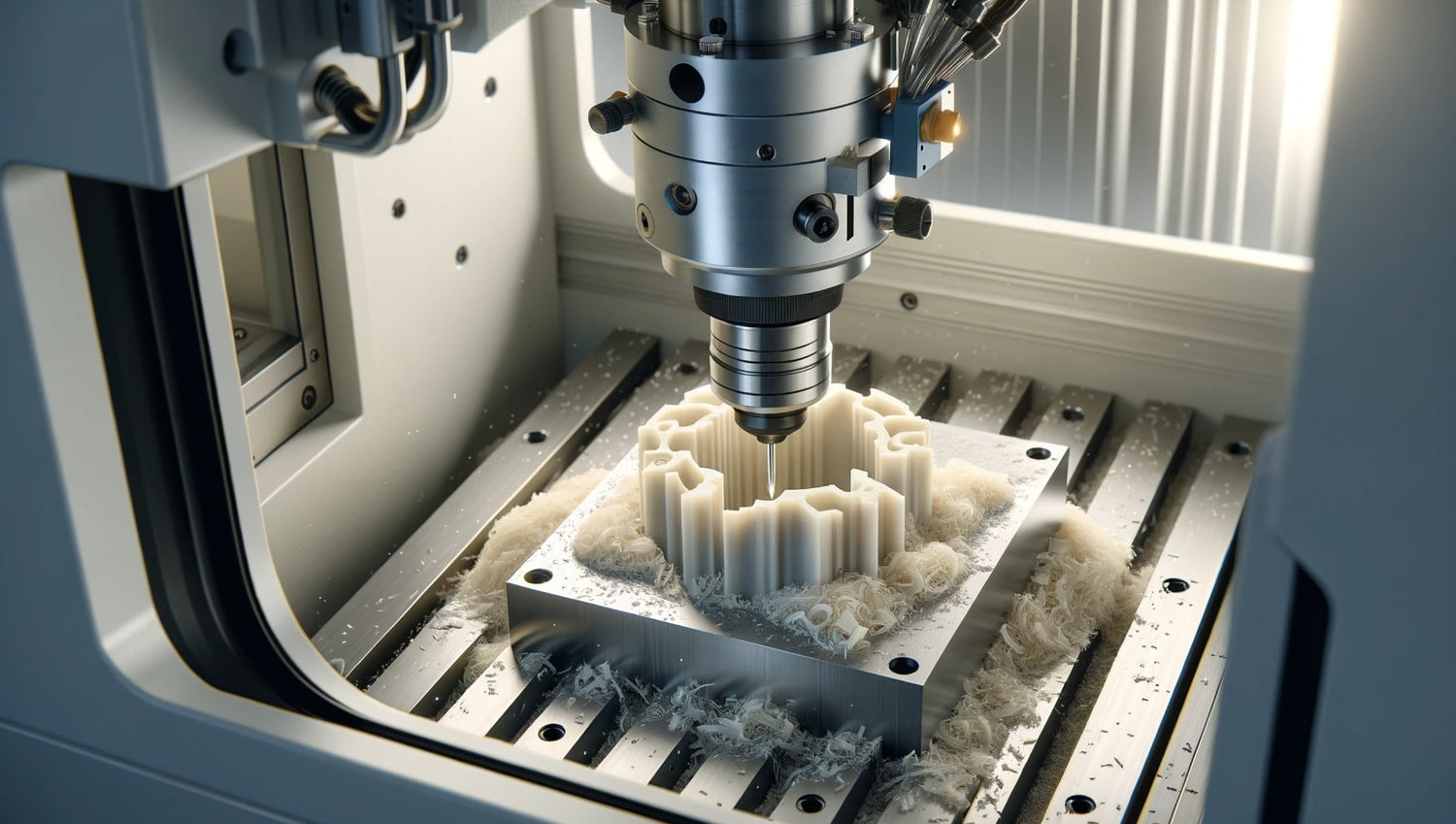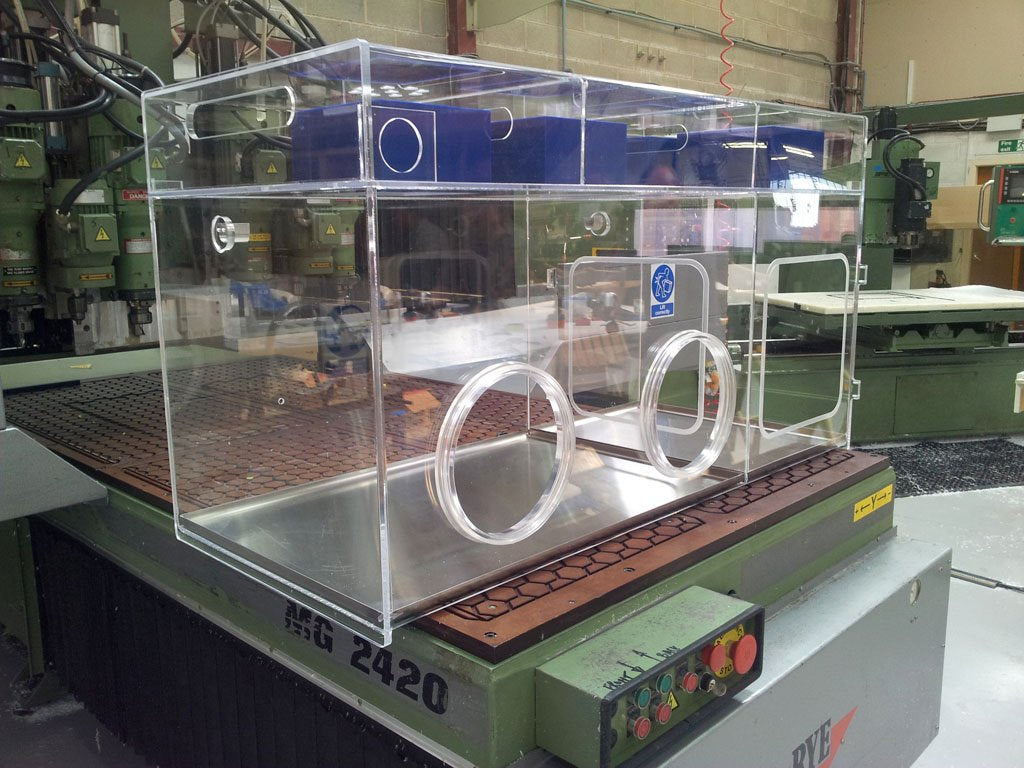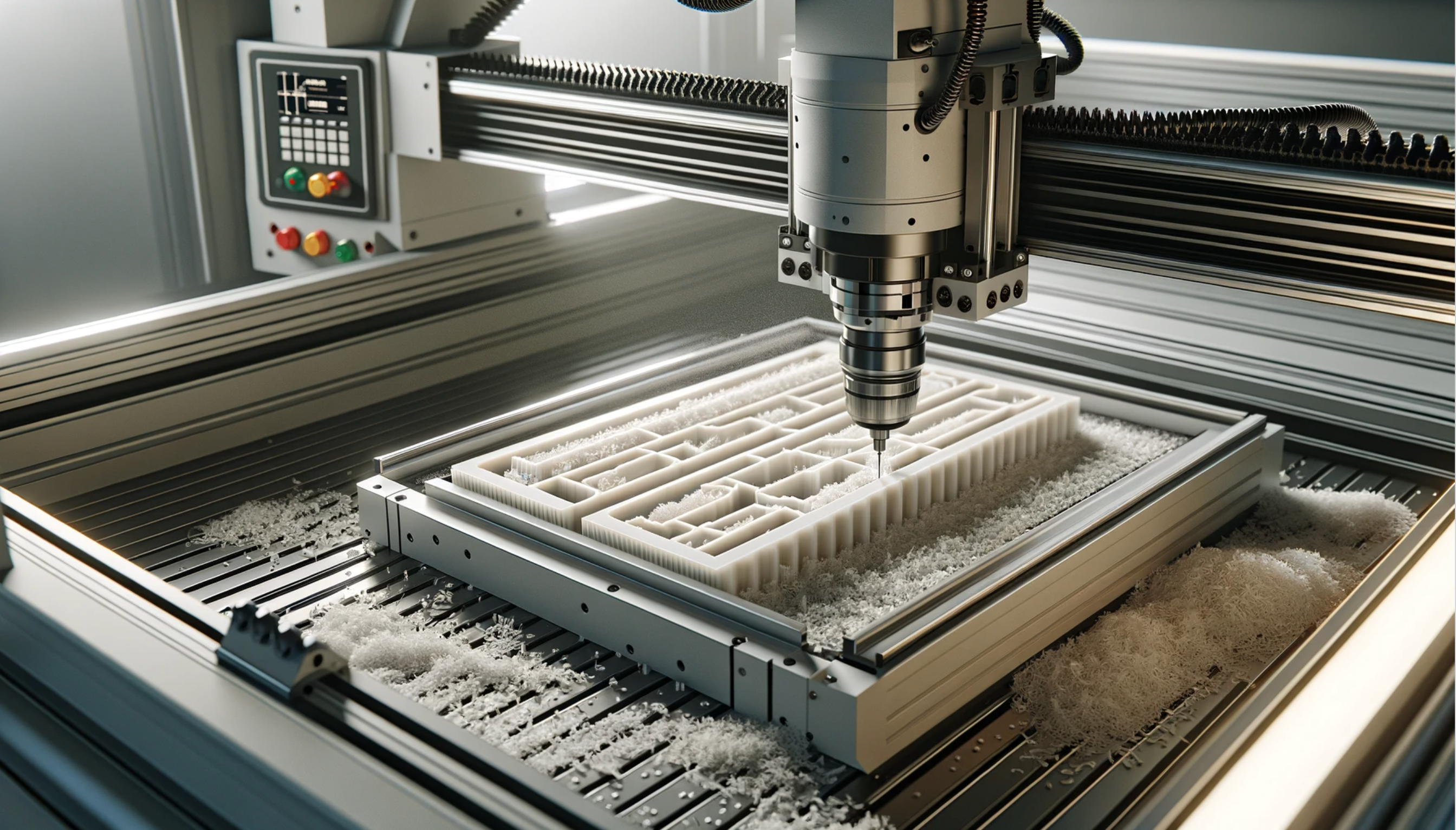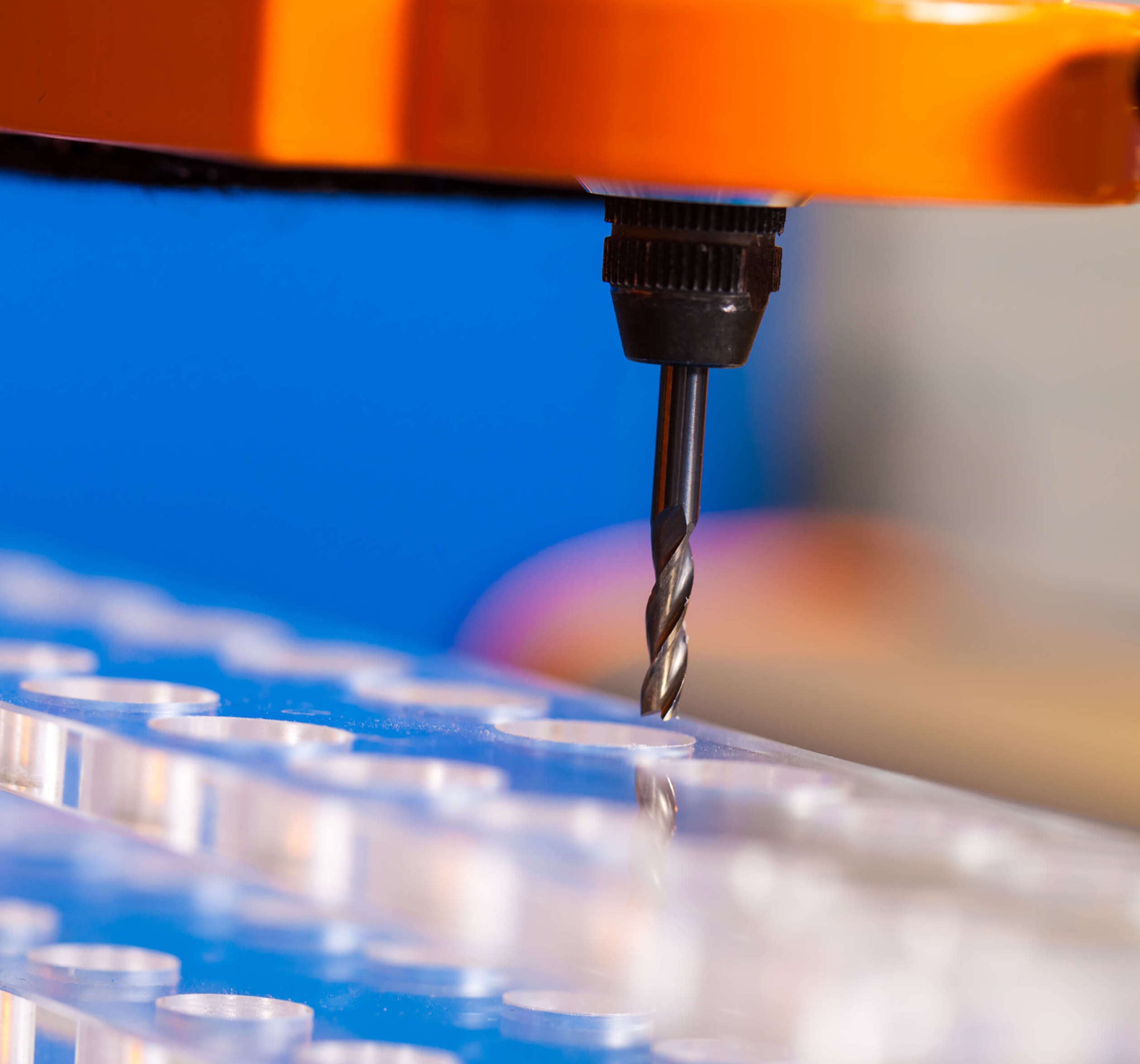CNC (Computer Numerical Control) milling machines have become a cornerstone of modern manufacturing, providing precision and versatility in cutting, drilling, and shaping materials.
These machines are essential in industries ranging from aerospace to electronics, enabling the production of complex parts with high accuracy and efficiency. This article explores the workings of CNC milling machines, the materials they can process, popular brands, and key considerations for achieving optimal results.
What is a CNC Milling Machine?
A CNC milling machine is a type of machining tool that uses computer-controlled commands to remove material from a workpiece to create a desired shape or design. Unlike manual milling, where the operator must guide the tool by hand, CNC milling automates the process, leading to high precision and repeatability. The machine operates on multiple axes, typically three to five, allowing for the creation of intricate and complex parts.
The CNC Milling Process: Step-by-Step
CNC milling is a detailed process involving several critical stages to ensure accuracy and quality:
Step 1: Design and Programming: The process begins with designing the part using CAD (Computer-Aided Design) software. The design is then translated into CNC code by CAM (Computer-Aided Manufacturing) software, which determines the toolpaths and cutting parameters. This step is crucial as it defines the precision and complexity of the final product.
Step 2: Material Setup: The raw material, often a block or sheet of metal, plastic, or another material, is securely clamped onto the machine’s worktable. Proper alignment and fixation of the material are essential to prevent movement during milling, which could compromise precision.
Step 3: Milling Operation: The CNC machine follows the programmed toolpaths, using a rotating cutting tool to remove material from the workpiece. This process can involve various operations such as drilling, cutting, and contouring, depending on the design specifications. The automation of this step ensures consistent results across multiple parts.
Step 4: Finishing: Once the milling operation is complete, the part may undergo additional finishing processes such as deburring, polishing, or heat treatment to enhance surface quality and meet specific requirements. This final stage ensures the part is ready for use in its intended application.
Materials Compatible with CNC Milling Machines
CNC milling machines are incredibly versatile and can work with a wide range of materials, including:
- Metals: CNC milling is widely used for machining metals, including steel, aluminium, brass, and titanium. This makes it ideal for producing metal components with high precision and durability, commonly used in industries like aerospace, automotive, and medical devices.
- Plastics: CNC milling is also effective for machining plastic materials, such as ABS, polycarbonate, and acrylic. This versatility allows for the production of plastic parts used in consumer electronics, automotive interiors, and medical equipment.
- Composites: CNC milling can handle composite materials like carbon fiber and fiberglass, often used in high-performance applications due to their strength and lightweight properties.
Leading CNC Milling Machine Brands
When selecting a CNC milling machine, it’s important to choose a brand known for quality, reliability, and support. Here are some top brands in the industry:
- HAAS Automation: HAAS is a leading manufacturer of CNC milling machines, offering a wide range of models that cater to different industries. Their machines are known for their reliability, precision, and user-friendly controls.
- DMG Mori: A global leader in CNC machining, DMG Mori provides high-performance milling machines designed for various applications, including automotive, aerospace, and medical manufacturing.
- Mazak: Mazak offers advanced CNC milling machines equipped with innovative technology for high-speed and high-precision machining. Their machines are popular in industries requiring complex and detailed work.
- Okuma: Okuma is renowned for producing robust and accurate CNC milling machines that cater to both small-scale and large-scale manufacturing needs. Their machines are favored for their durability and precision.
- Tormach: Tormach is known for providing affordable and versatile CNC milling machines, making them a popular choice among small businesses and hobbyists.
Applications of CNC Milling Machines
CNC milling machines are employed in a wide range of industries due to their precision and flexibility. Key applications include:
- Aerospace Components: The aerospace industry relies on CNC milling to produce complex, high-precision parts from metals and composites, ensuring the safety and performance of aircraft.
- Automotive Parts: CNC milling is used to manufacture various automotive components, including engine parts, transmission components, and custom accessories.
- Medical Devices: The medical industry uses CNC milling to create precise and intricate parts for medical devices, implants, and surgical instruments.
- Prototyping: CNC milling is essential in prototyping, allowing engineers to quickly produce and test new designs before mass production.
Key Considerations When Using CNC Milling Machines
To achieve the best results with a CNC milling machine, several factors must be considered:
- Material Properties: Understanding the properties of the material being machined is crucial. Different materials require different cutting speeds, tool types, and cooling methods to ensure optimal performance and finish.
- Tool Selection: The choice of cutting tool, including its material, coating, and geometry, significantly affects the quality of the final product. Selecting the right tool for the specific material and operation is key to achieving precision and extending tool life.
- Cutting Parameters: Setting the correct cutting parameters, such as spindle speed, feed rate, and depth of cut, is essential for optimising the milling process. These parameters must be adjusted based on the material and desired outcome to prevent tool wear and ensure a high-quality finish.
Why Choose CNC Milling?
CNC milling offers numerous advantages, including high precision, repeatability, and the ability to produce complex shapes and designs. By automating the machining process, CNC milling reduces the risk of human error, increases production speed, and ensures consistent quality across multiple parts. This makes CNC milling an ideal choice for industries where precision and efficiency are paramount.
As technology continues to advance, CNC milling machines are becoming even more capable, offering new possibilities for innovation in manufacturing. Whether you are producing aerospace components, automotive parts, or medical devices, CNC milling provides the tools needed to achieve exceptional results.
Conclusion
CNC milling machines are vital tools in modern manufacturing, offering the precision, versatility, and efficiency needed to produce high-quality parts from various materials. By understanding the CNC milling process, selecting the right machine and tools, and optimising cutting parameters, manufacturers can achieve superior results and drive innovation in their industries. Whether you’re a seasoned professional or a newcomer to CNC machining, investing in a reliable CNC milling machine can significantly enhance your production capabilities and open up new opportunities for growth and success.





Leave a comment
This site is protected by hCaptcha and the hCaptcha Privacy Policy and Terms of Service apply.